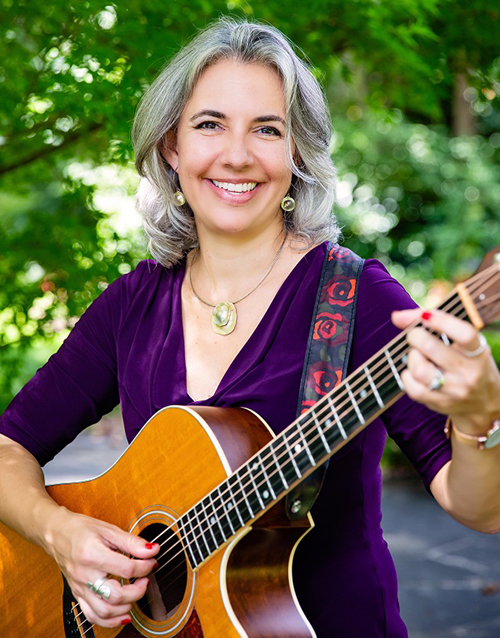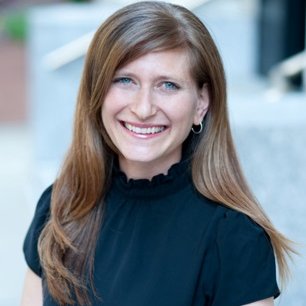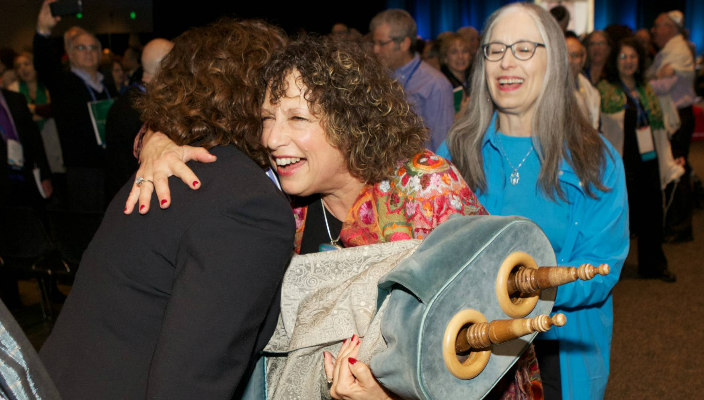
With the URJ Biennial fast approaching, it’s time to start planning your schedule – and there are a number of programming opportunities throughout the event that amplify women’s voices, highlight women’s contributions, and delve deeply into issues of gender equity.
Take a look at these learning sessions, worship services, and other opportunities for engagement, then be sure to add them to your schedule so you don’t miss a single moment.
1. We’ll raise up women’s voices in worship and song.
On Friday morning, Dorot Nashim B’yachad: Generations of Women Working Together will feature the varied and unique voices of women from across generations and building on the shoulders of one another as we look toward the future. We’ll join in song and worship as we strengthen the bonds that tie generation to generation. Add this service to your schedule >>>
On a similar theme, the Thursday learning session “Story and Song: Empowering Women, Empowering Ourselves” (3:45 – 5:00 p.m.) will highlight women’s journeys, lift up women’s voices, and move today’s Jewish musicians into the future – together. Reserve your spot >>>
2. Learning sessions will address issues of gender equity.
Attend one of these learning sessions to learn more about critical topics such as reproductive health, implicit bias, equal pay, and more.
- To Pursue and Protect: Advancing Reproductive Health & Rights in Your Community
Wed., December 11 from 3:00 – 4:15 p.m.
Co-sponsored by WRJ, this session will address the unprecedented assault on reproductive rights in the U.S. Reserve your spot >>> - Achieving Pay Equity: Closing the Pay Gap in Reform Congregations
Thu., December 12 from 9:00 – 10:15 a.m.
Participants in this session, co-sponsored by WRJ and Women’s Rabbinic Network (WRN), will discuss steps congregations can take to address the pay gap and explore resources available through the Reform Pay Equity Initiative. Reserve your spot >>> - She Said: Breaking the Sexual Harassment Story That Helped Ignite a Movement
Fri., December 13 from 9:00 – 10:15 a.m.
Pulitzer Prize-winning journalist Jodi Kantor will talk about the Harvey Weinstein investigation and its consequences for the #MeToo movement. Reserve your spot >>> - Implicit Bias: What We Can Do About It?
Fri., December 13 from 9:00 – 10:15 a.m.
In this session co-sponsored by WRJ, participants will take an implicit bias test, learn about the science underlying it, and take home strategies to mitigate bias. Reserve your spot >>> - Implicit Bias: A Session for Search Committee Members
Fri., December 13 from 2 – 3:15 p.m.
In this session, also co-sponsored by WRJ, participants will learn how implicit bias shapes hiring decisions and identify strategies to overturn implicit bias in the search and selection processes. Reserve your spot >>> - Can We Talk About Gender and Judaism? The Promise of Equity in the Reform Movement
Sat., December 14 from 1:45 – 3:00 p.m.
Reform Jewish leaders promised women’s equality as early as 1848. How far have we come in 171 years? Join us for a conversation on gender equity. Reserve your spot >>>
3. Journalist Jodi Kantor will talk to us about the #MeToo movement.
Jodi Kantor, a URJ Eisner Camp alum, is one of the Pulitzer Prize-winning journalists who broke news of Harvey Weinstein’s sexual harassment and abuse for The New York Times.
In addition to her Friday learning session, our Friday morning plenary will feature Kantor in conversation with Rabbi Hara Person, chief executive of the CCAR, and Susan Weidman Schneider, editor-in-chief of Lilith Magazine, on protecting the vulnerable, holding the powerful to account, and more. Add it to your schedule >>>
After the plenary, Kantor will sign copies of her book She Said: Breaking the Sexual Harassment Story That Helped Ignite a Movement. Plan to meet her >>>
4. We’ll honor women leaders in our community.
At Wednesday night’s opening plenary, we’ll celebrate Cantor Barbara Ostfeld as she accepts the Debbie Friedman Award for Contributions to Jewish Music. At age 22, Cantor Ostfeld became the first ordained woman cantor; now, the female Reform cantorate is 336 women strong! Add it to your schedule >>>
And at Friday morning’s plenary, we’ll welcome Jennifer Brodkey Kaufman, the next chair of the URJ North American Board of Trustees. She’ll become the second woman to hold this top lay leadership position in the URJ, succeeding outgoing chair Daryl Messinger. Add it to your schedule >>>
5. Women clergy will tell – and perform – their stories.
Wednesday evening late-night programming options include “Believe: Moving Forward in the #MeToo Era,” featuring musician Neshama Carlebach in music and conversation with Reform clergy. Reserve your spot >>>
On Saturday afternoon, attend “The Clergy Monologues,” a dramatic production of stories from women rabbis and cantors about the joy, pain, and complexity of their roles, followed by a discussion led by the chairs of the CCAR's Task Force on the Experience of Women in the Rabbinate. Reserve your spot >>>
6. WRJ will honor Jewish women who empower others.
At the WRJ Women’s Empowerment Awards Dinner on Saturday night, WRJ will honor Jewish Women’s Archives for its pioneering work in documenting women's stories and encouraging them to be agents of change. WRJ will also recognize 16 phenomenal women from the Reform community who work tirelessly to empower others. Learn more and register for this inspiring evening >>>
7. We’ll spend a day discussing issues of gender and justice.
WRJ, the CCAR, and WRN are proud to co-sponsor a post-Biennial Sunday extension program, Gender and Justice in the Jewish Community – a day of brave conversation, challenging learning, and meaningful training to explore how issues of gender play out in our Jewish communities. Learn more and register for this extension >>>
Can’t join us in person in Chicago? Check out ways to tune in from afar, including joining the conversation on social media and watching livestreams of the event. See you there!
Related Posts
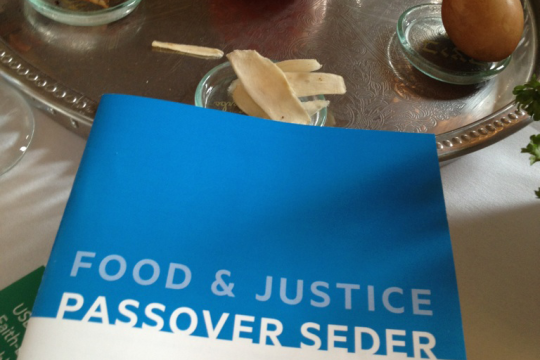
Passover 2024: The Three Central Messages of Pesach
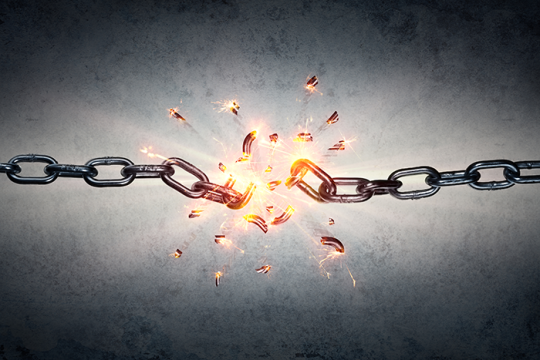
Modern-Day Plagues of Injustice and Inequality

